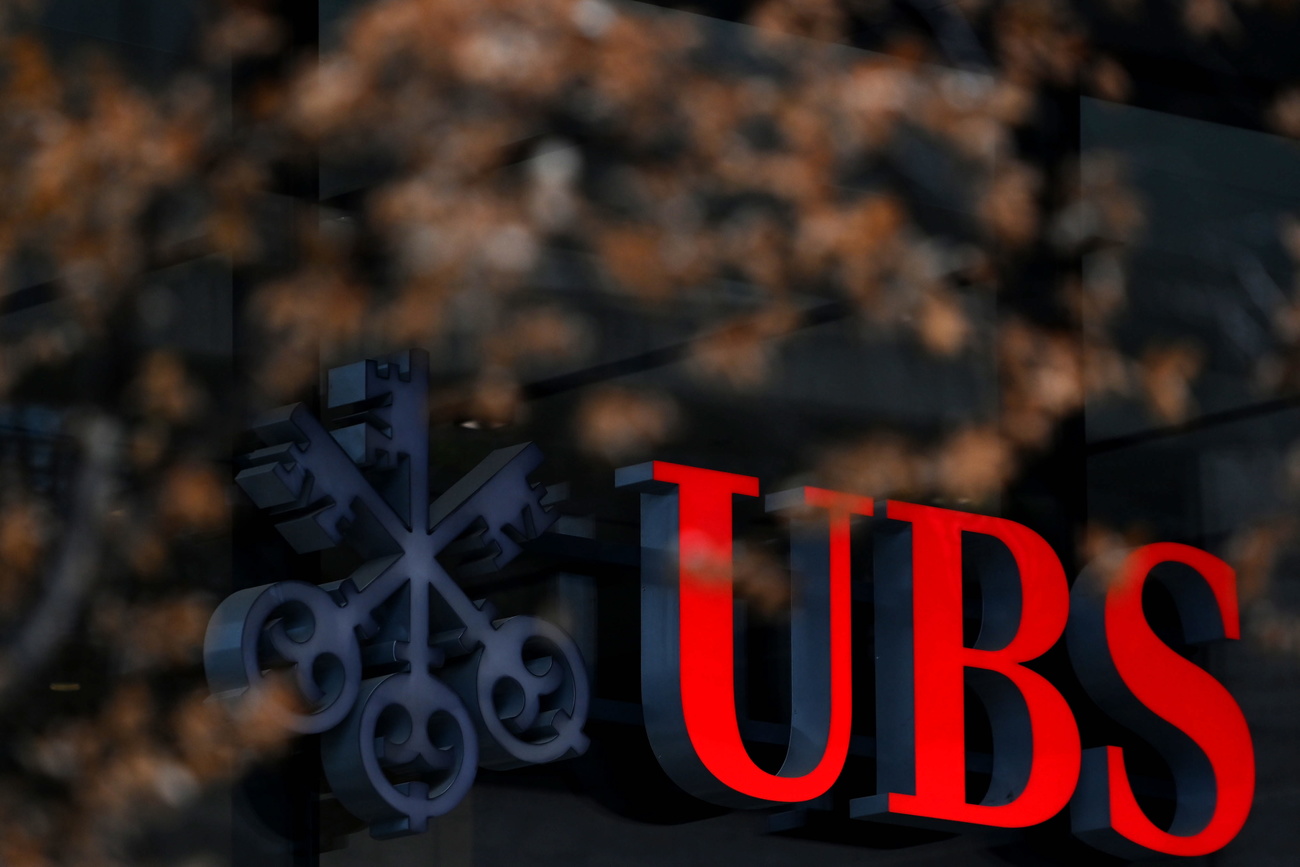Bank rescue package: Swiss government encounters resistance

At the suggestion of an international body, the Federal Council wants to introduce a state liquidity guarantee for banks, involving several hundred billion francs. But criticism is now being voiced.
The Swiss National Bank (SNB) could have made up to CHF250 billion ($286 billion) available to the collapsing Credit Suisse in spring 2023. That is around three times as much as the federal government spends in a normal year.
The exorbitant credit line could be granted because the Federal Council amended the relevant laws by means of emergency legislation in March 2023. The Swiss government thus saved Credit Suisse from an uncontrolled collapse. The bank was then taken over by UBS.

More
Why a monster UBS bank scares Switzerland
The government now wants to convert the emergency law of March 2023 into ordinary law. In particular, it proposes that the SNB should continue to be authorised to grant loans to banks in emergency situations. This is intended to prevent problems caused by rapid and high outflows of customer funds – such as at Credit Suisse – in future.
The idea of a state liquidity guarantee goes back to the Financial Stability Board. This is an international body based in Basel, in which the most important finance ministers and central bankers discuss the current challenges on the financial markets.
Government should be liable for potential losses
What is new about the proposed public liquidity backstop is that banks would no longer have to deposit collateral with the SNB for government liquidity assistance. This is possible because the government would bear the risk of loss for the SNB.
Originally, the government wanted to make the liquidity guarantee available to the banks free of charge. It argued, among other things, that it was not clear how high a fair compensation would have to be.

More
What happens to my Credit Suisse account?
Following fierce criticism during the consultation process, the government has since made a U-turn and included compensation in the draft bill.
However, many experts still consider this to be too low, including Corinne Zellweger-Gutknecht, professor of private law and business law at the University of Basel.
‘Serious blunder’
However, the government not only wants to transfer the SNB’s guaranteed loans to ordinary law, but also unsecured loans. The SNB also granted such loans to Credit Suisse in March 2023 on the basis of emergency law. In jargon, they are known as ELA+ (Emergency Liquidity Assistance Plus). The risk of loss on these lies solely with the SNB.
For Zellweger-Gutknecht, the continuation of ELA+ would be a “serious blunder”. She said the Federal Council could (continue to) force the SNB to lend to a failing bank – without the government bearing the losses.
Many consider this to be an undue interference in the constitutionally guaranteed independence of the Swiss National Bank.
The bill was originally due to be debated in parliament for the first time in the upcoming winter session. In the meantime, however, the Senate’s economic affairs committee has suspended the matter.
Parliamentarians do not want to discuss the bill until the finance ministry’s analysis of the Credit Suisse debacle is available. The report is expected in spring 2024.
You can find the interview with Corinne Zellweger-Gutknecht in German on SpotifyExternal link, Apple PodcastsExternal link and in the SWI swissinfo.ch Geldcast collection.

More
How the Swiss ‘trinity’ forced UBS to save Credit Suisse

In compliance with the JTI standards
More: SWI swissinfo.ch certified by the Journalism Trust Initiative

You can find an overview of ongoing debates with our journalists here. Please join us!
If you want to start a conversation about a topic raised in this article or want to report factual errors, email us at english@swissinfo.ch.